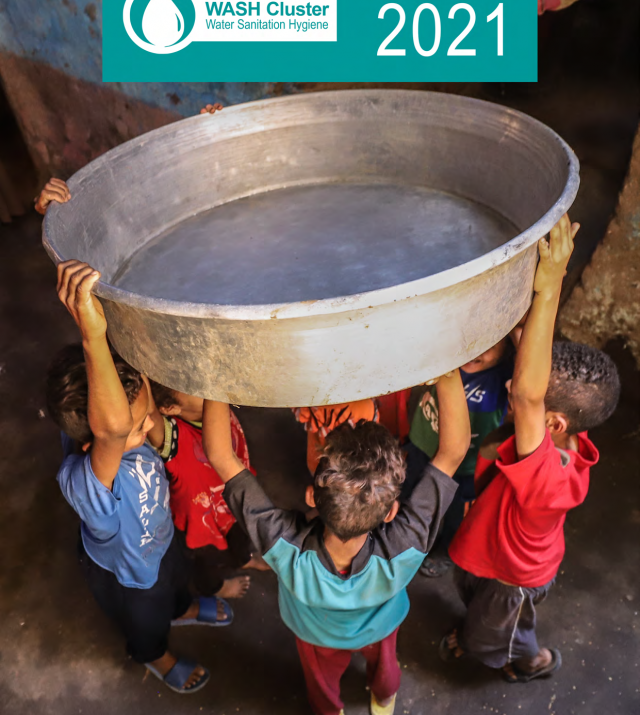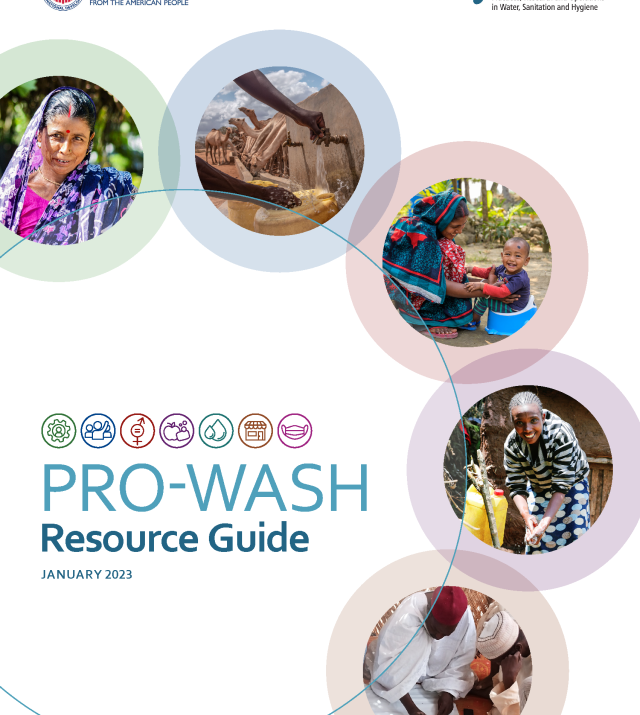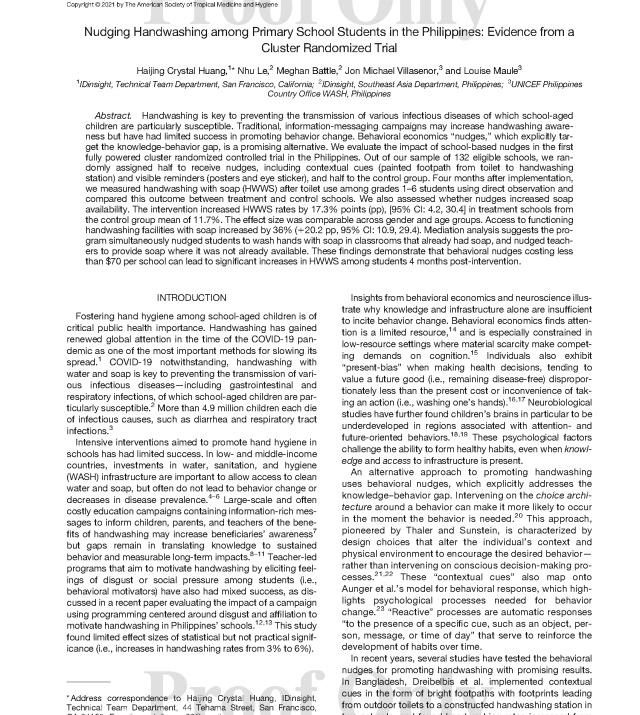
Pathways for Collaboratively Strengthening Water and Sanitation Systems

This paper uses fuzzy-set Qualitative Comparative Analysis to assess what conditions and pathways drove or impeded progress within eleven collaborative approaches for WASH service delivery in Eastern Africa. Evidence supported three main findings: (1) Government uptake of recommendations is necessary for progress but cannot be guaranteed solely by government participation in the collaboration, (2) different forms of problem identification are possible; problem scopes are often predefined to align with funders and partner government agendas, but flexible scopes that foster collective problem identification can reap benefits, and (3) hub convening power can be critical and convening power can be gained in different ways. Building on existing theories of collaborative approaches, this work revealed that there is no single best design for collaborative approaches in WASH, rather, core elements worked together in different ways depending on the context.

